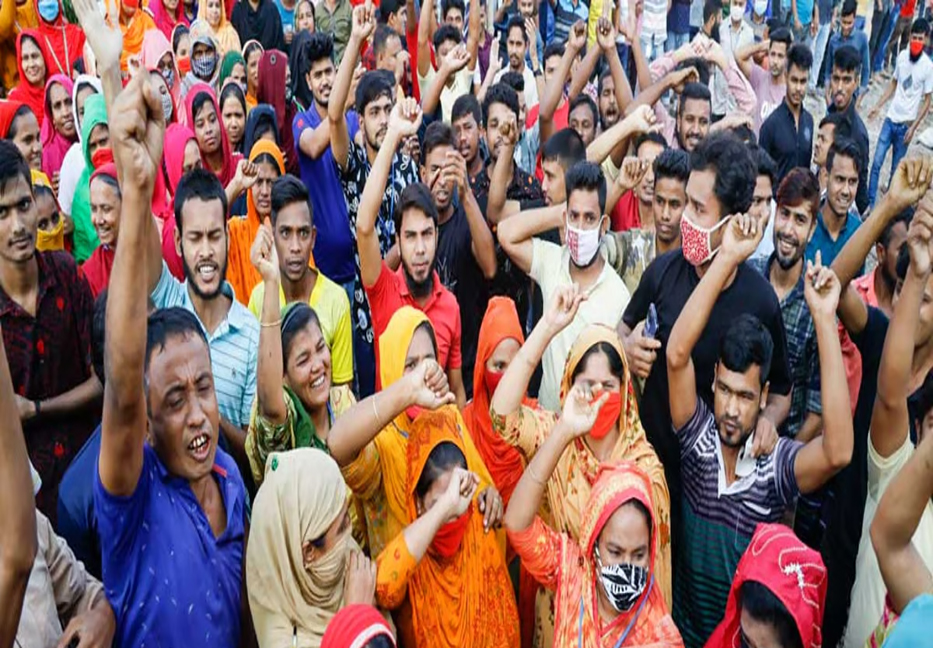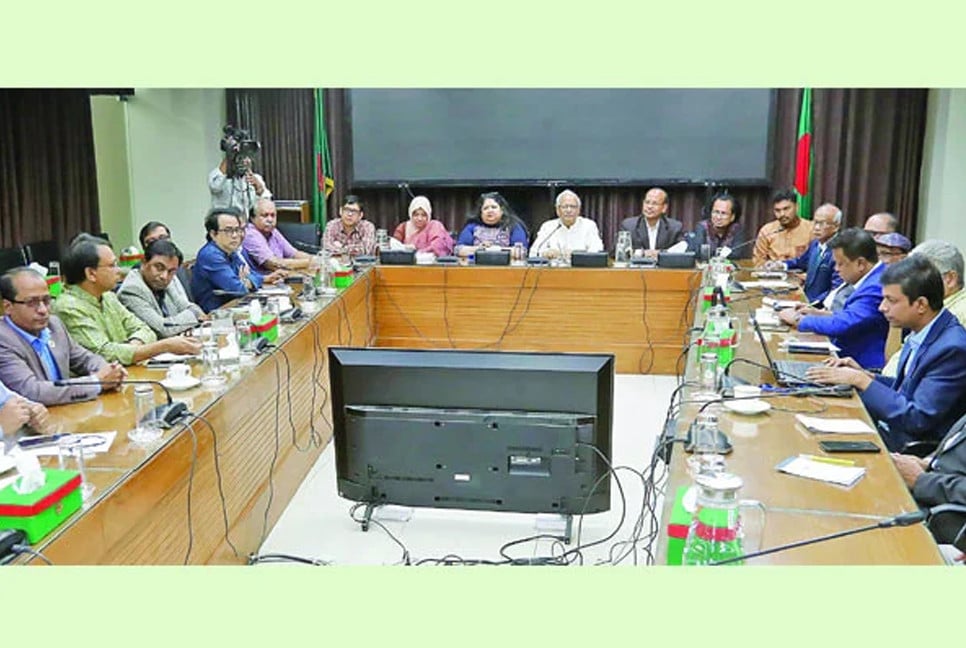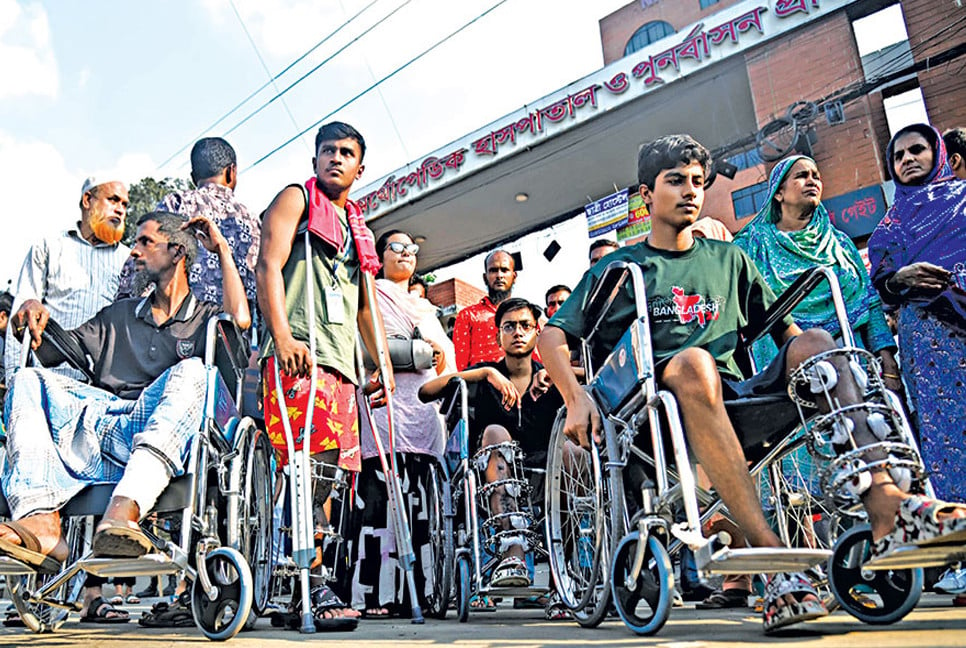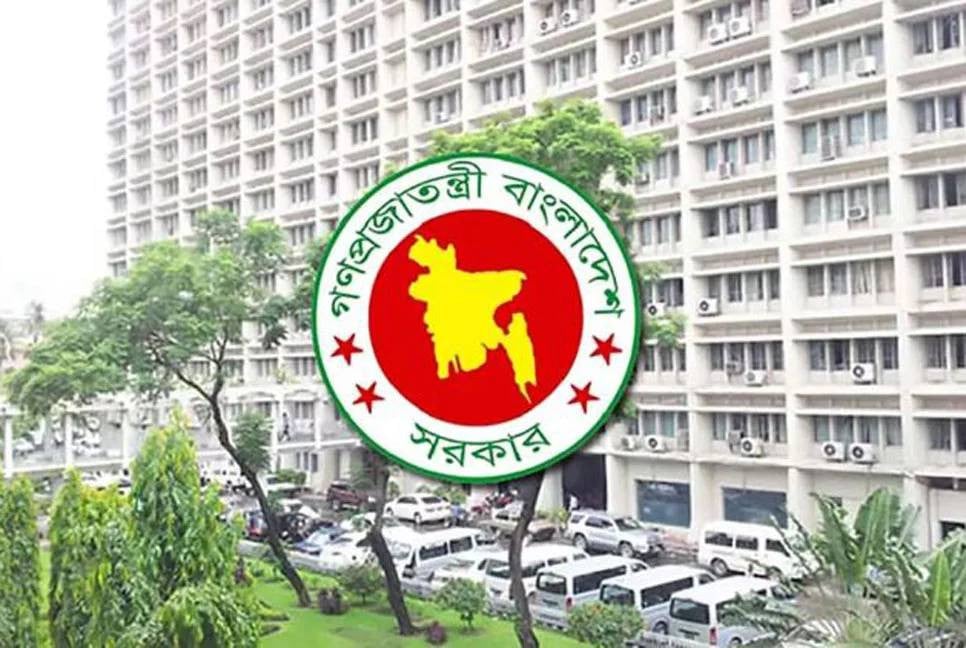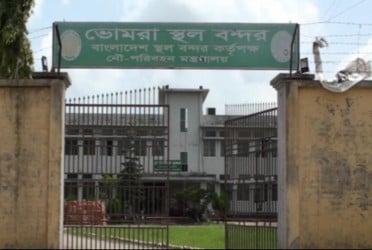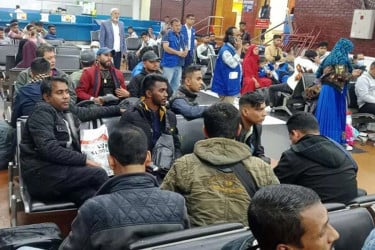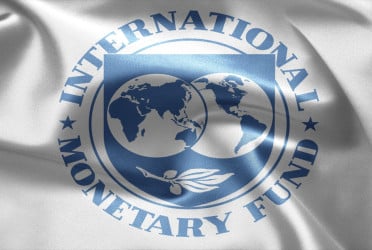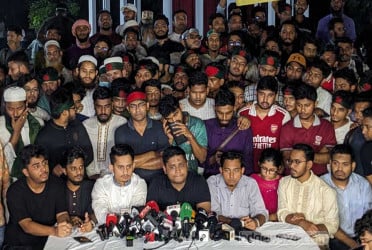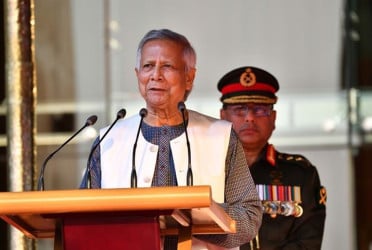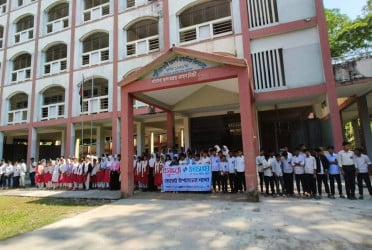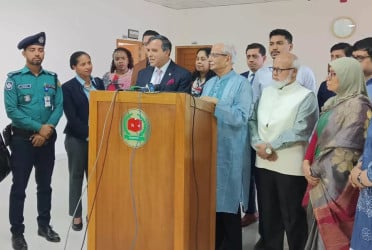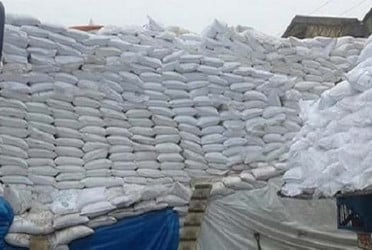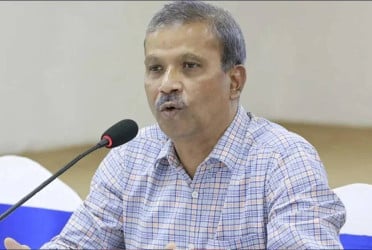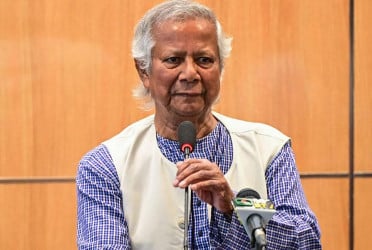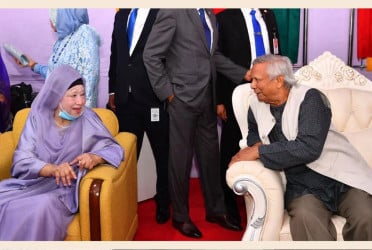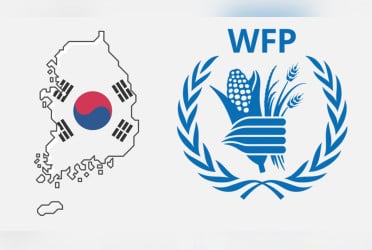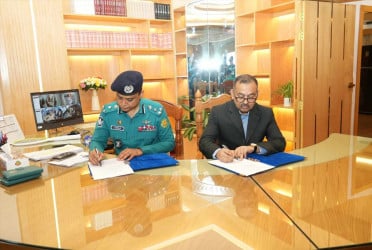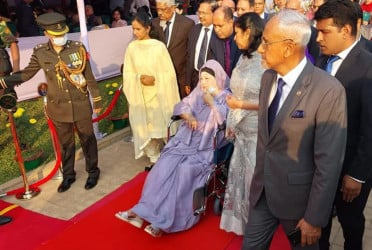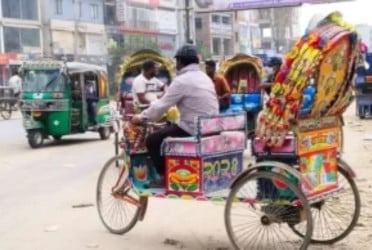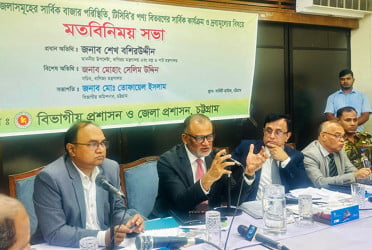The garments industry of the country are in deep crisis. In last few days, in the face of labour movements, more than 400 garments factories were shut down. Furthermore, in the running months, 312 factories were closed due to various reasons.
The economic experts think if this situation is sustained, then around 40 lakh labour working in this sector may lose their jobs. According to the garments factories owners, despite the discussion regarding increasing wages is going on, the labours started their movements. They think a vested group might provide fuel to this situation which is much unexpected. The owners asked the labours to return to work from Saturday. According to the economic analysts, the owners should fulfill the demand of the labours as the demanded the wage-increment is in line with the price hike of the commodities.
According to the sources, more than 400 garments factories were shut down in the face of violent movements demanding the minimum wages by the labours. However, the BGMEA decided to open the factories upon getting the assurance of security from the government. In this regard, BGMEA president Faruque Hassan told The Bangladesh Pratidin, “Around 400 factories were closed since the labour movement started from October 23. Some of these factories were afraid of arson and vandalism.”
Faruque Hassan said the factory owners may close the factories if there is labour unrest after the opening on Saturday.”
The government constituted the Minimum Wage Board in April this year to determine the wages of garment workers. In the last meeting of the Wage Board on October 22, the representatives from the labours demanded a minimum wage of Tk 20,393. Against that, the owner offered a wage of Tk 10, 400. From the next day, the workers in Gazipur went on strike for the increase in wages. Later discontent spread to Ashulia-Savar as well. Two workers died on October 23. When the agitation became more violent on October 24, BGMEA said in a press conference that the owners could shut down the factory if they want. Then the owners closed the factories. Meanwhile, in the face of the labor unrest, the owners have decided to offer a new wage instead of Tk 10,400. However, they did not say how much money would be offered. However, the owners said the wages will be finalized by November 15 this year. The new wage structure will be implemented from December 1. These decisions were taken at the October 25 meeting of the Minimum Wage Board. Garment factory owners say that despite the decision of the owner and the government, if the workers do not return to work and create an unstable situation, the buyers will turn away. As a result it will not be possible to keep these factories running. More than 40 lakh workers in the garment sector may become unemployed. The workers' families will also be threatened.
According to the Industrial Police data, 312 garment factories in the Industrial Police-area were shut down from January to October this year. Among the closed garment factories, 60 are members of Bangladesh Garment Manufacturers and Exporters Association (BGMEA), 16 are members of Bangladesh Knitwear Manufacturers and Exporters Association (BKMEA), 9 are members of Bangladesh Textile Mills Association (BTMEA) and five are members of Bangladesh Export Processing Zone Authority. Most of the remaining 223 are cottage industries (non-RMG). About 45,000 labour-workers worked in the closed garment factories. 16, 943 workers worked in 60 factories belonging to BGMEA. 16, 173 workers were employed in non-RMG factories.
According to the Export Promotion Bureau (EPB), in the fiscal year 2022-23, the exports of goods are worth 5, 556 million dollars. Of that, 84.57 percent or $4,699 million came from the garments sector. The overall growth in product exports has been 6.67 percent. This growth was 34 percent in the previous financial year. According to EPB data, among the top six sectors, only the export of ready-made garments increased in the outgoing fiscal year. If the export of garments is disrupted on time due to the closure of factories, the income will also decrease.
In this regard, BGMEA Senior Vice President MA Mannan Kochi, on Friday, told The Bangladesh Pratidin, “There is a vested group fueled to destabilize the garments sector, who is trying to take away customers from Bangladesh to other countries. A domestic-foreign syndicate is creating chaos in the name of movement.”
Urging the workers to return to work without being influenced by anyone, this leader of BGMEA said the new wages will be fixed by November 15. Workers will get new salary in December. We are always in favor of fair wages to workers. If the garment sector survives, the workers will survive. If there is no garment sector, where will the workers go? So I hope the workers will return to work from Saturday.
In this regard, labor representative in the wage board, Sirajul Islam Roni said, “Anarchy in the name of labor movement is never desirable. In the current situation, the labor movement and trade unions are being taken to questionable places. A minimum wage of Tk 20,393 has been proposed in the Wage Board after discussing with civil society, research institutes and labor organizations. Now some are demanding Tk 23,000, some Tk 25,000, and they’re taking the workers to dangerous places in the name of movements making them victims of political situation. As a labor movement activist, I do not support the current movement.”
Roni said to the workers to join the work peacefully. Fair wages will be paid in line with market rates.
Siddiqur Rahman, the former president of BGMEA, representative of the owners in the wage board, on Friday, told The Bangladesh Pratidin, "There is always some difference between the proposals of the workers and the owners. We made this proposal in the last meeting keeping in mind the state of the global economy and the various contexts of industrial entrepreneurs. Considering all the things, wages should be increased. We will raise wages. It will be finalized within this month and the labours will be paid under the new structure in December.”
Khandkar Golam Moazzem, research director of research institute CPD, told The Bangladesh Pratidin on Friday, “The salary of other private sector workers in the country is around Tk 23-24 thousands. Garment workers have asked for a lesser salary than that. Employers should discuss the matter with the labours and come to a settlement.”
(The report was published on print and online versions of The Bangladesh Pratidin on November 4 and rewritten in English by Lutful Hoque)

